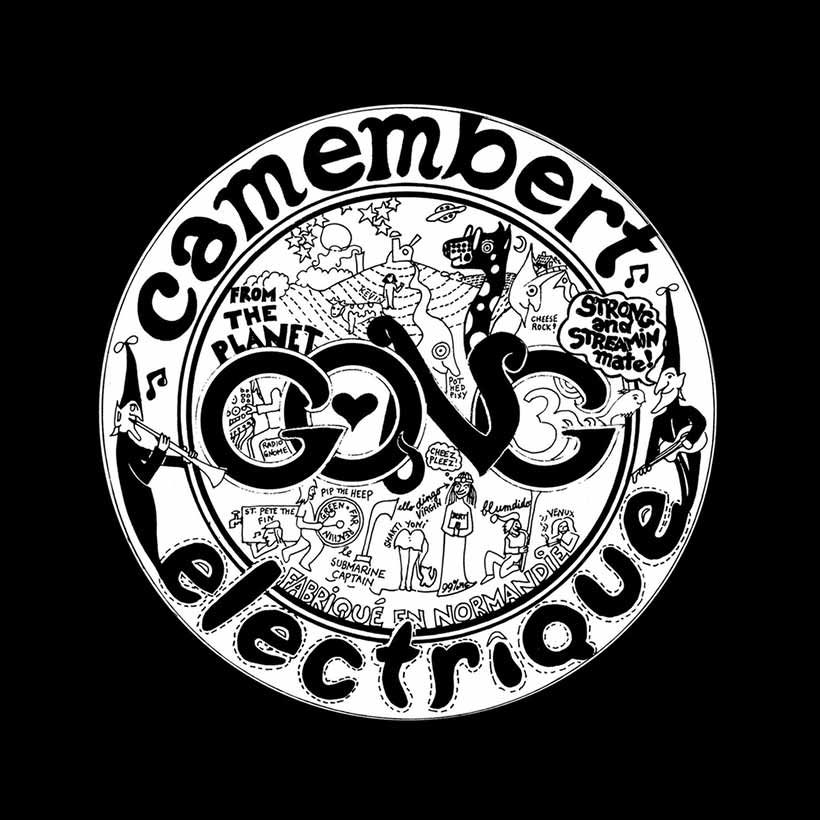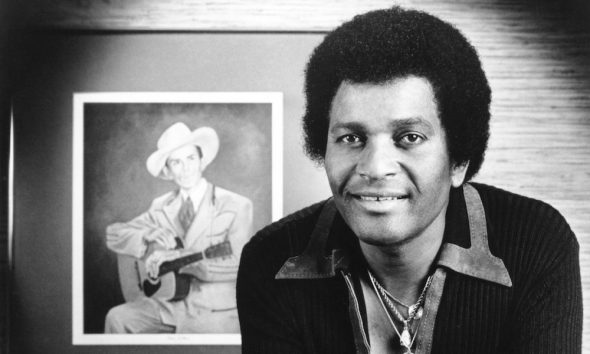‘Camembert Electrique’: Another Tasty Gong Classic
Originally released in France in October 1971, ‘Camembert Electrique’ redefined the parameters of rock music and remains one of Gong‘s most beloved works.

A founding member of Canterbury collective Soft Machine, Aussie national Daevid Allen was denied re-entry into the UK in 1967, following a French tour. His visa had expired, marooning him in France and effectively ending his association with the group. Using Paris as his base he formed a new outfit, Gong, with girlfriend Gilli Smyth, bassist Christian Tritsch, drummer Rachid Houari, and saxophonist Didier Malherbe. Together, the group delivered a promising, freak-folk tinged debut album, Magick Brother, for French jazz label BYG Actuel in 1970. It perfectly set the scene for their groundbreaking follow-up, Camembert Electrique.
Relocating once again to a hunting lodge an hour’s drive south-east of Paris, near Sur, where they lived communally, the band (with English drummer Pip Lyle replacing Houari) set about writing a follow-up. Recorded over 10 days in May 1971, at the state-of-the-art Strawberry Studios recording facility in Herouville, near Paris, the results – released as Camembert Electrique in October 1971 – would help re-define the parameters of rock music.
Central to the work’s aesthetic was a sense of merry chaos engendered from Allen’s long improvisational jams with Soft Machine. That trait is present from the album’s opening moments, in which a helium-voiced gnome expostulates in French over a backing comprised of tape loops. “You Can’t Kill Me” introduces the classic Gong stylistic template, with Allen’s psych guitar riffs offset by Didier Malherbe’s intense bursts of saxophone and Gilli Smyth’s ethereal space whispers. Elsewhere, among further disorientating intervals of tape loops, tracks such as “Bin Stone Before”/”Mister Long Shanks”/”O Mother” add to the sense of chaos with dizzyingly abrupt changes in style.
Three of the closing tracks help bring a sense of continuity and cohesion to the album. “Fohat Digs Holes In Space,” with its atmospheric, otherworldly swirls of sound and hypnotic bass grooves, marks the moment when Gong first charted in earnest a course towards what would become known as space-rock. “And You Tried So Hard” is an easy-paced rocker imbued with nods back to Allen’s psych beginnings, while the majestic “Tropical Fish”/”Selene” finds Malherbe’s sax playing an increasingly dominant role.
Initially released in 1971 in France, the album got a second wind when it was reissued three years later in the UK, on Richard Branson’s Virgin label, for a mere 59p – then the same price as a 45rpm single. With the band having already caused minor waves with two LPs, Flying Teapot and Angel’s Egg, released the previous year, Camembert Electrique was marketed as “the first true Gong album,” going on to become arguably their most beloved work.
The 13CD box set Love From Planet Gong: The Virgin Years 1973-75 is out now and can be bought here.











